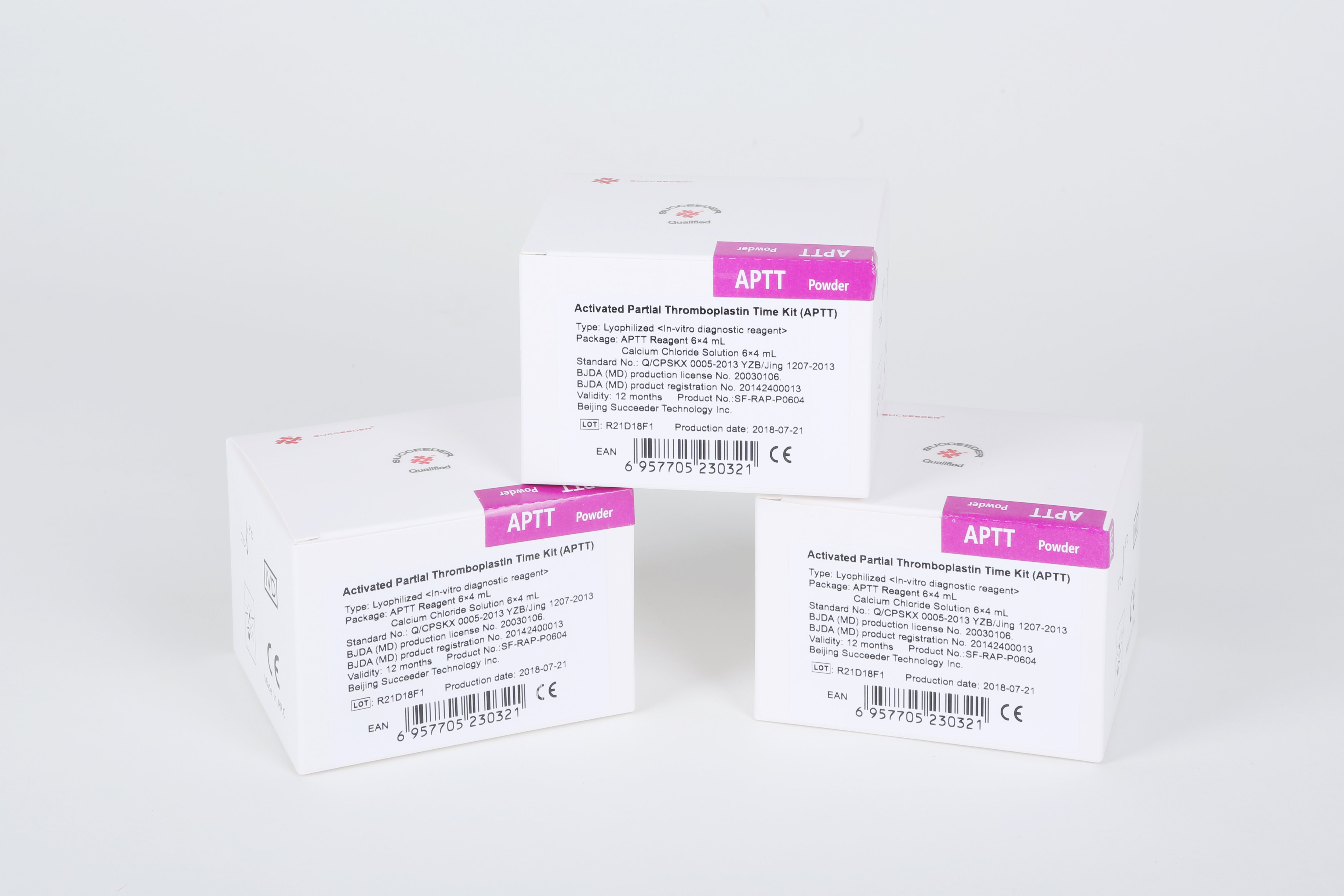IVD reagent stability test usually includes real-time and effective stability, accelerated stability, re dissolution stability, sample stability, transportation stability, reagent and sample storage stability, etc.
The purpose of these stability studies is to determine the shelf life and the transportation and storage conditions of reagent products including before opening and after opening.
In addition, it can also verify the stability of the product when the storage conditions and shelf-life change, to evaluate and adjust the product or package materials according to the results.
Taking the index of actual and sample storage stability as an example, this index is one of the crucial factors that affect the effectiveness of IVD reagents. Therefore, the reagents should be placed and stored in strict accordance with the instructions. For example, the water content and oxygen content in the storage environment of freeze-dried powder reagents containing polypeptides have a great impact on the stability of the reagents. Therefore, the unopened freeze-dried powder should be stored in the refrigerator as closed as possible.
The samples processed by medical institutions after collection shall be stored as required according to their performance and risk coefficient. For routine blood examination, Place the blood sample added with anticoagulant at room temperature (about 20 ℃) for 30 minutes, 3 hours, and 6 hours for testing. For some special samples, such as nasopharyngeal swab samples collected during nucleic acid tests of COVID-19, need to use a virus sampling tube containing virus preservation solution, while the samples used for virus isolation and nucleic acid detection should be tested as soon as possible, and the samples that can be tested within 24 hours can be stored at 4 ℃; The samples that cannot be tested within 24 hours should be stored at - 70 ℃ or below (if there is no - 70 ℃ storage condition, they should be temporarily stored in a - 20 ℃ refrigerator).



 Business card
Business card Chinese WeChat
Chinese WeChat English WeChat
English WeChat